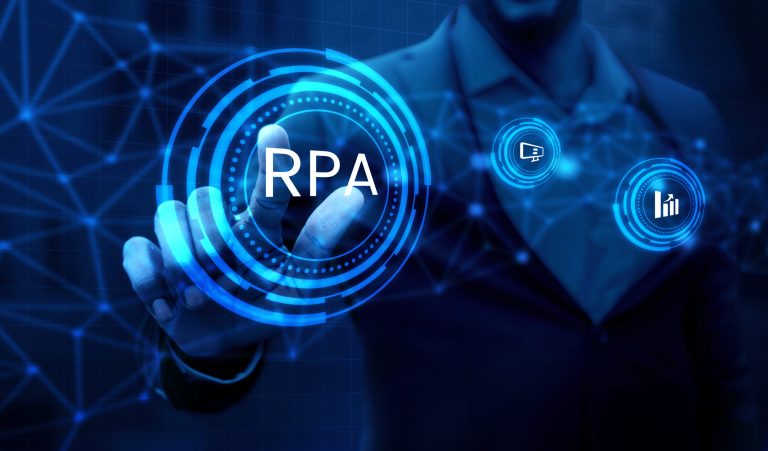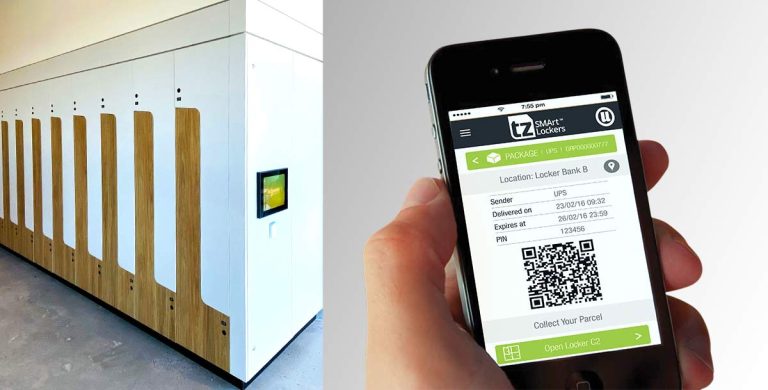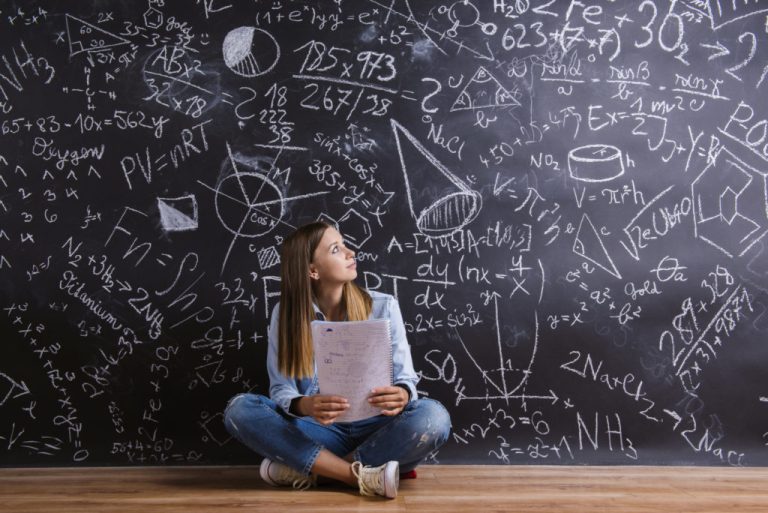Your one-stop shop for all things related to ib math aa. In this article, we will examine the subject’s nature, its link to ToK and CAS, the conceptual knowledge it imparts, and its status at Standard and Higher Level.
Now, we can begin.
Main Points:
International Baccalaureate (IB) students interested in Math Analysis and Approaches may find additional information in this resource.
If you are unsure you have what it takes to succeed in a math class but are still interested in learning the material, take Math AI as a required course.
What are the approaches and analysis in IB Math?
The advanced placement (AA) track of the International Baccalaureate Mathematics program covers established mathematical concepts and more general areas accessible for further study.
The course’s primary focus is building, presenting, and validating proper mathematical reasoning.
The use of portable technology and mathematical programs is significant in the IB Math AA course because these tools might be useful for the subject matter.

Levels A and A+ in IB Math:
It would help if you were very good at algebraic manipulation and pattern detection to register in Math AA at the SL or HL level.
Understanding and building fundamental proofs, as well as a firm grasp of algebraic ideas, are prerequisites for the HL option.
If you want to do well in Math AA at the HL level, you need to have a talent for solving difficult mathematical puzzles and a strong appreciation for solving issues.
How Theory of Knowledge Connects to IB Math AA:
Math AA’s connection to TOK is crucial to the International Baccalaureate diploma curriculum.
Thinking critically about mathematical knowledge generation and expression is a chance that the Concepts of Knowledge course gives. You may improve your understanding of other points of view in Math AA and honestly evaluate your prejudices and opinions using ToK.
The International Baccalaureate (IB) curriculum promotes the investigation of mathematical knowledge-related disputes as part of its Theory of Knowledge curriculum.
The subject of mathematics gives us tools to question these certainties while also providing a level of certainty that is difficult, if possible, to achieve in other areas. Indeed, mathematics has contributed vital knowledge about the world, greatly aiding scientific and technological advancements.
Mathematical understanding and transformation are intimidating, but mathematics itself is mysterious. Does mathematical knowledge exist apart from our subjective experiences? This is the essential question for everyone seeking information.
It is critical to raise questions about the confluence of math and ToK in both mathematics and ToK classrooms and concentrate on these concerns.










